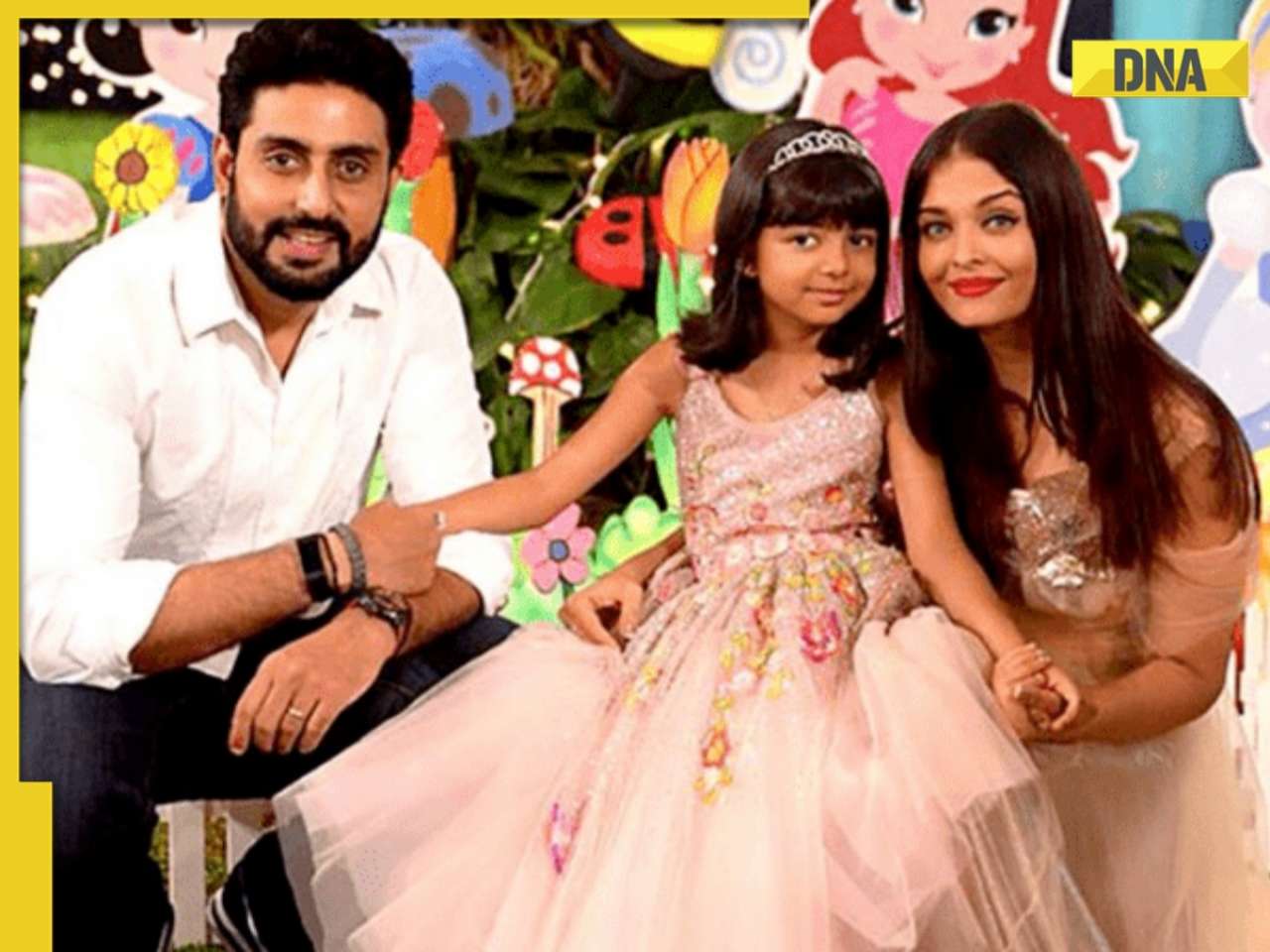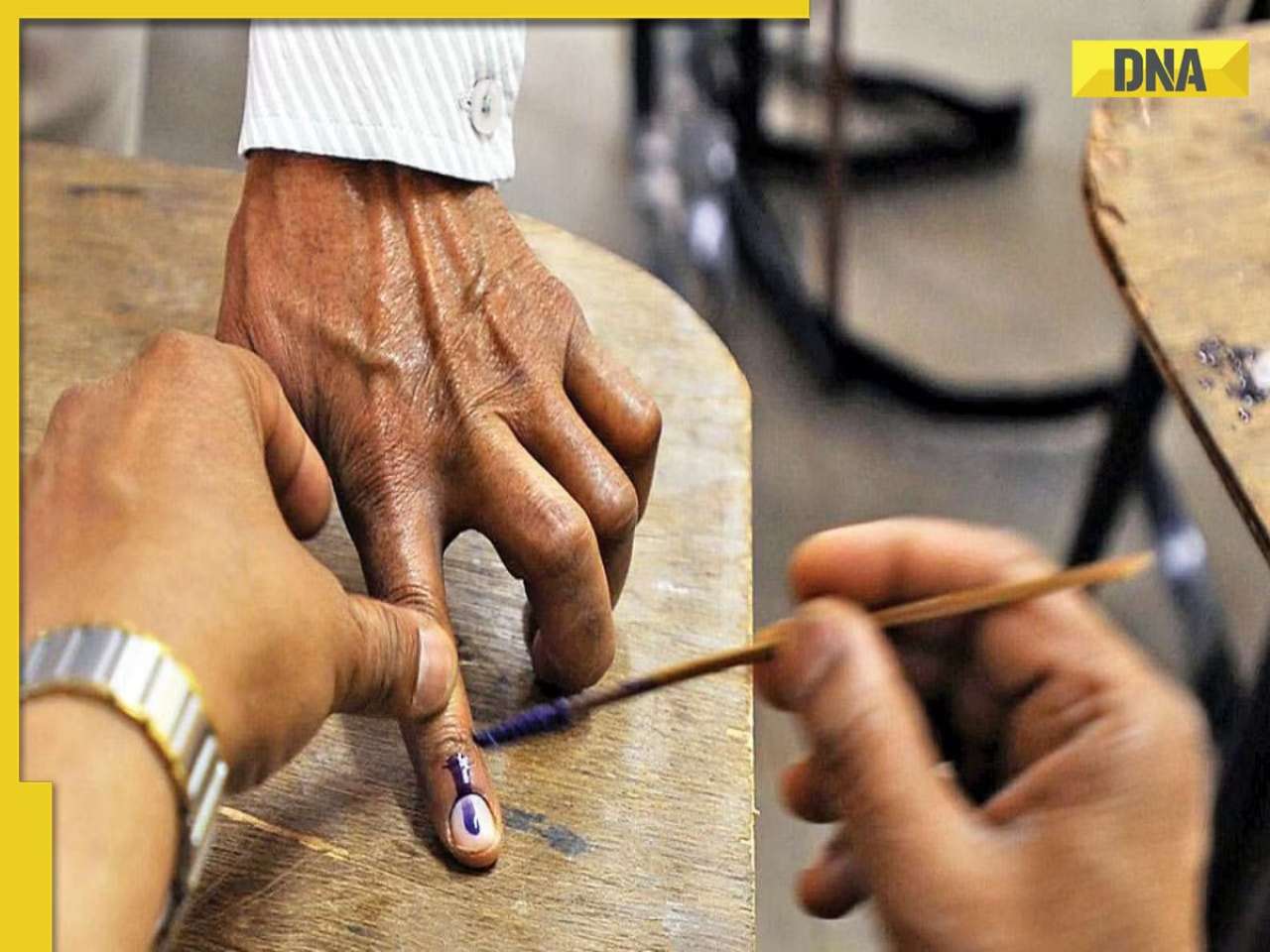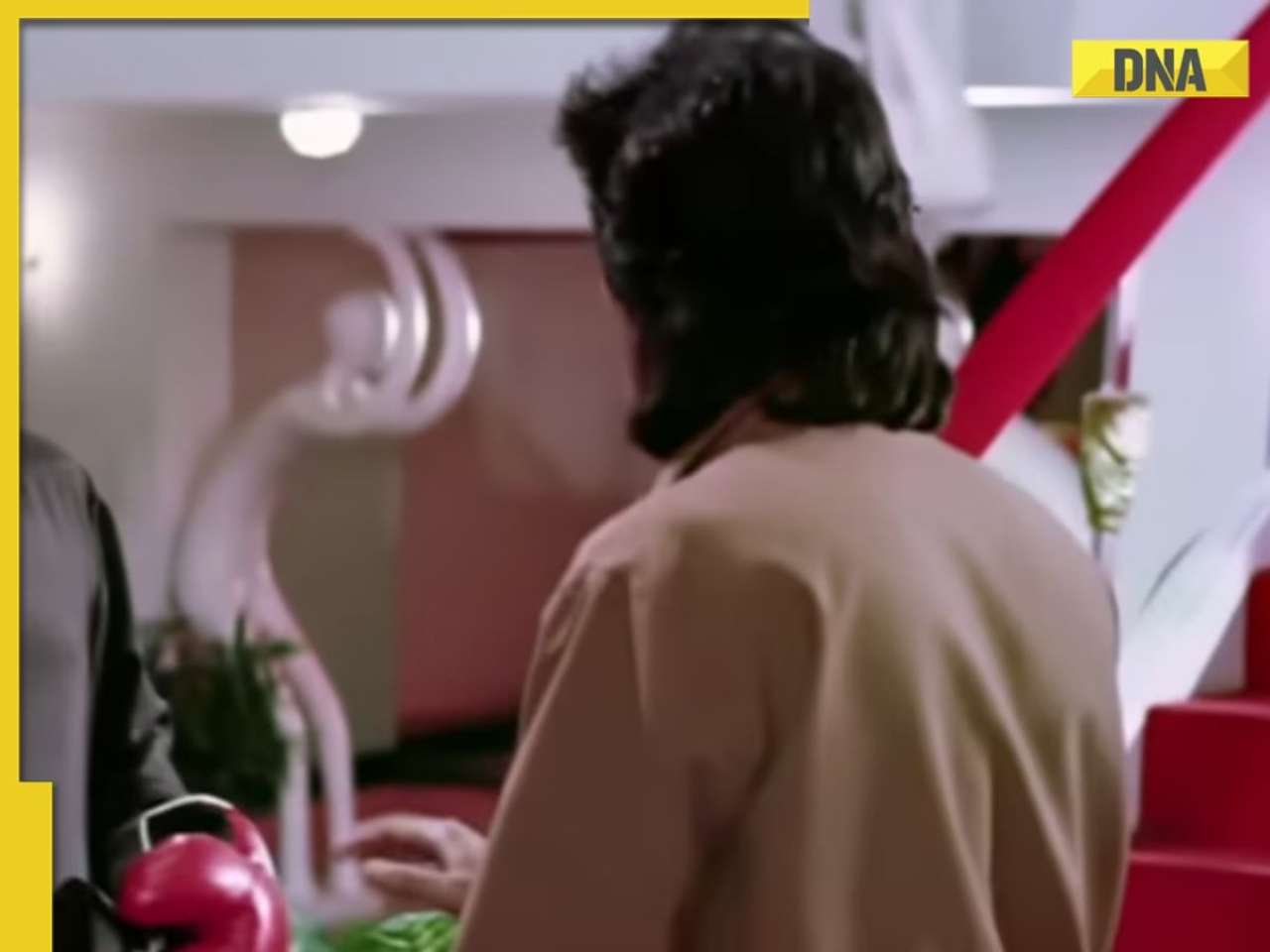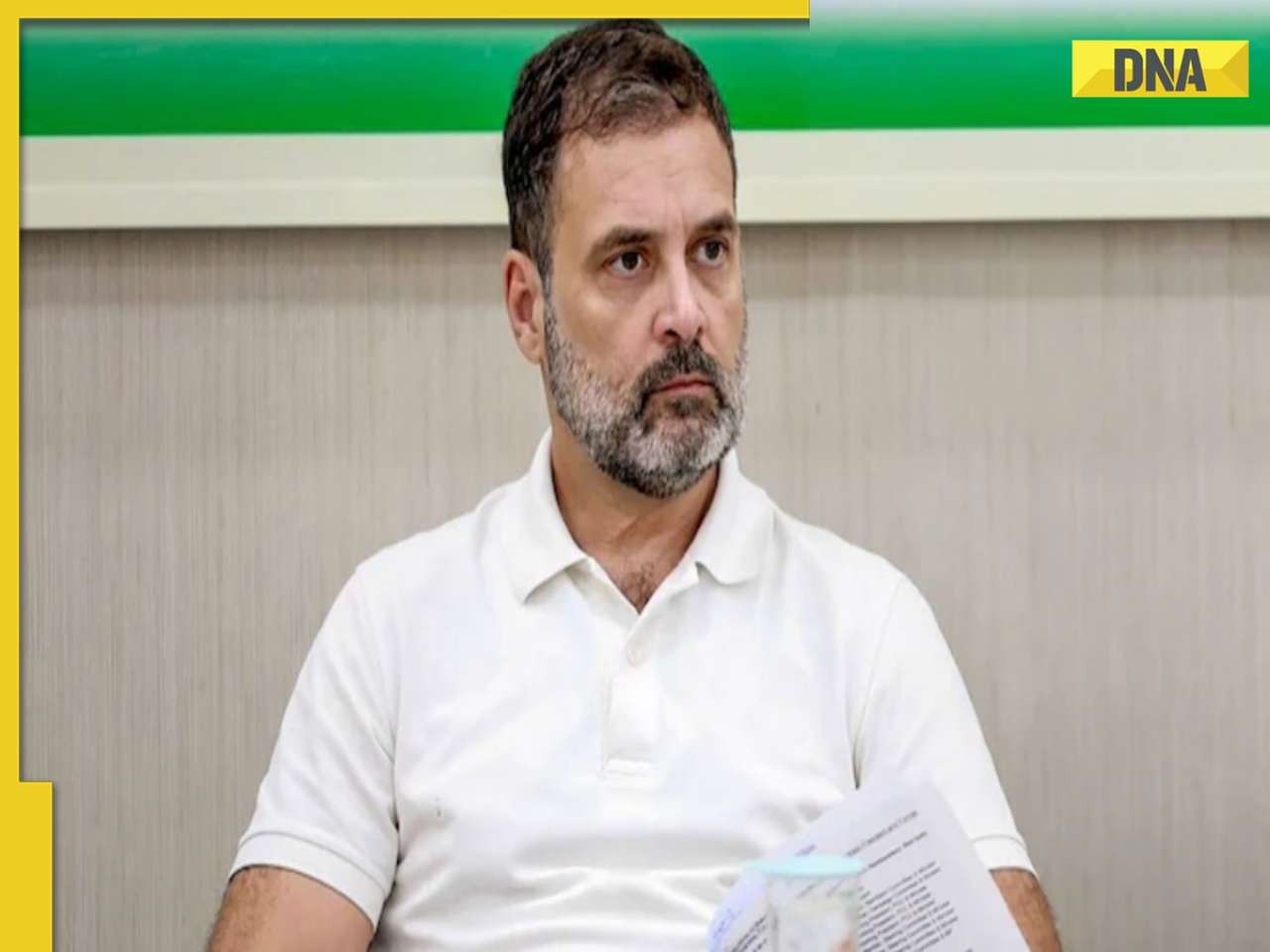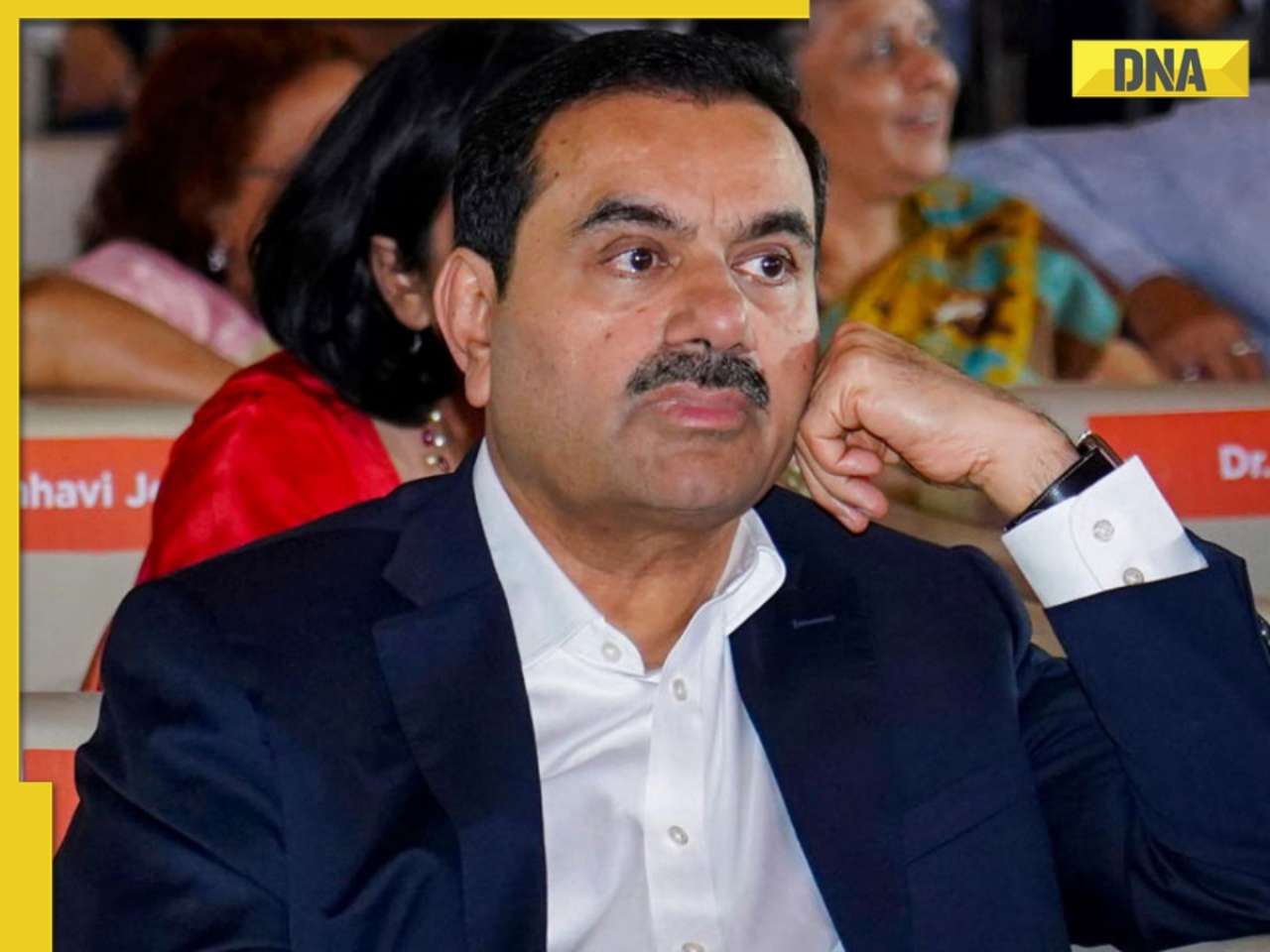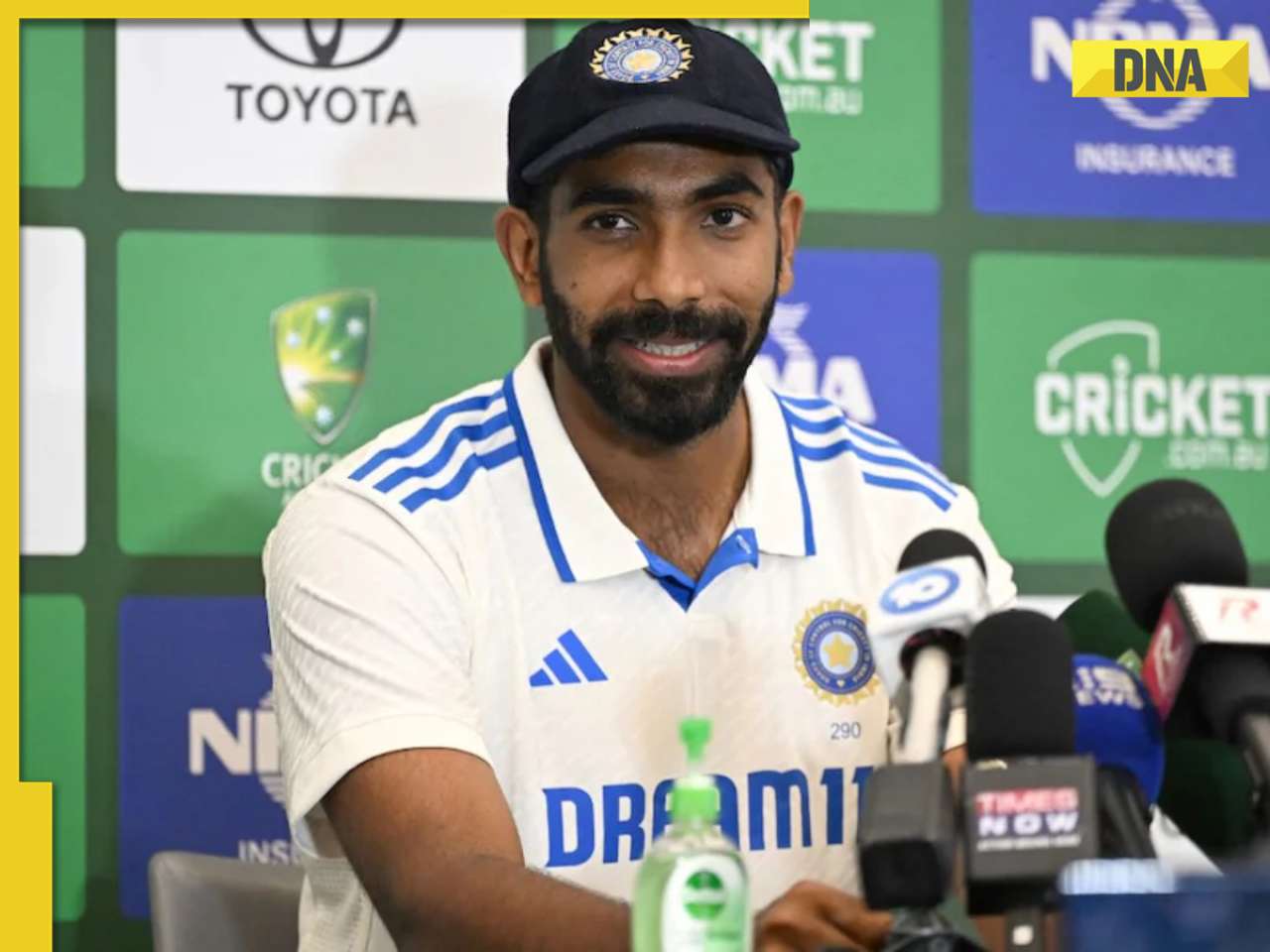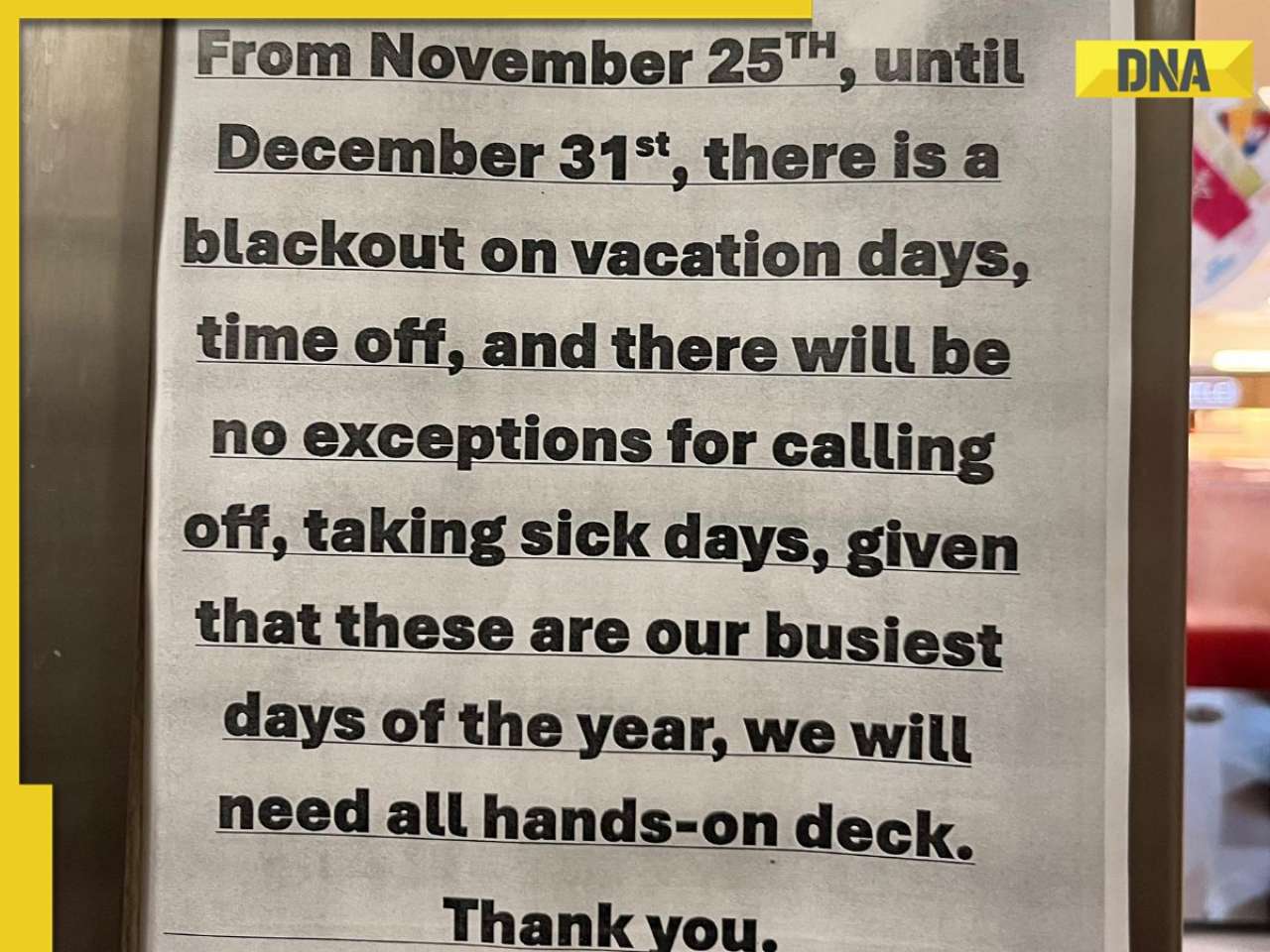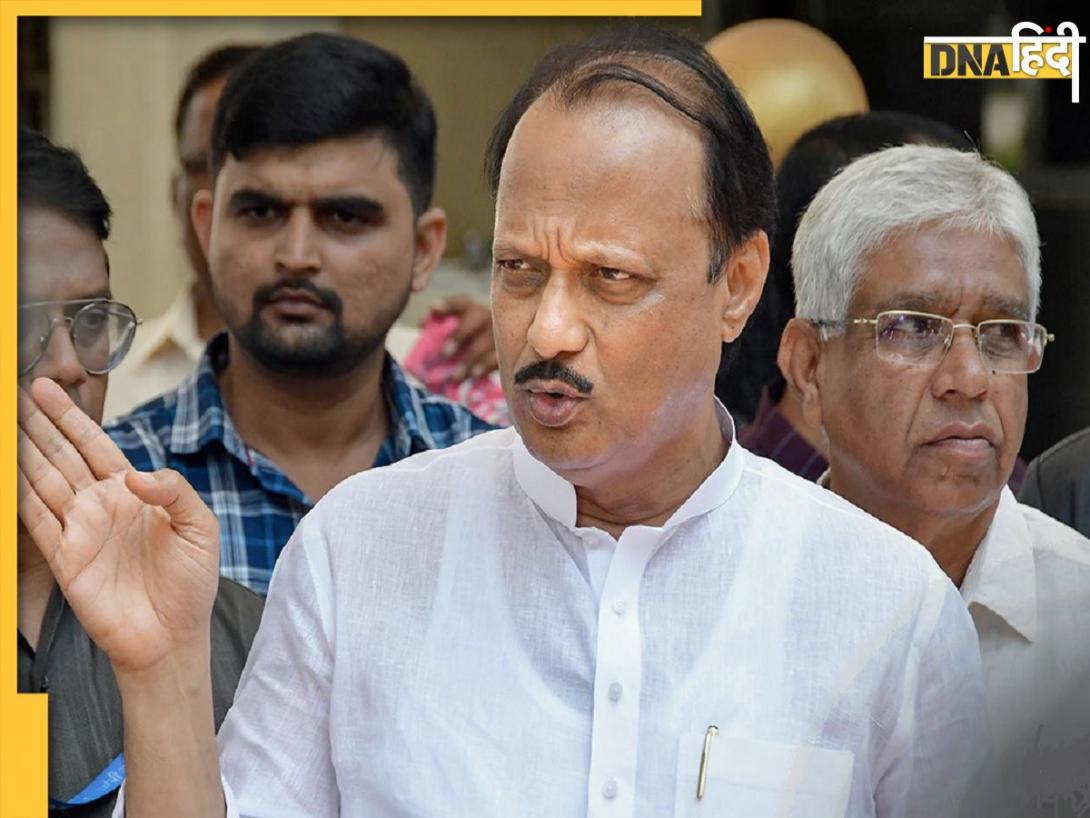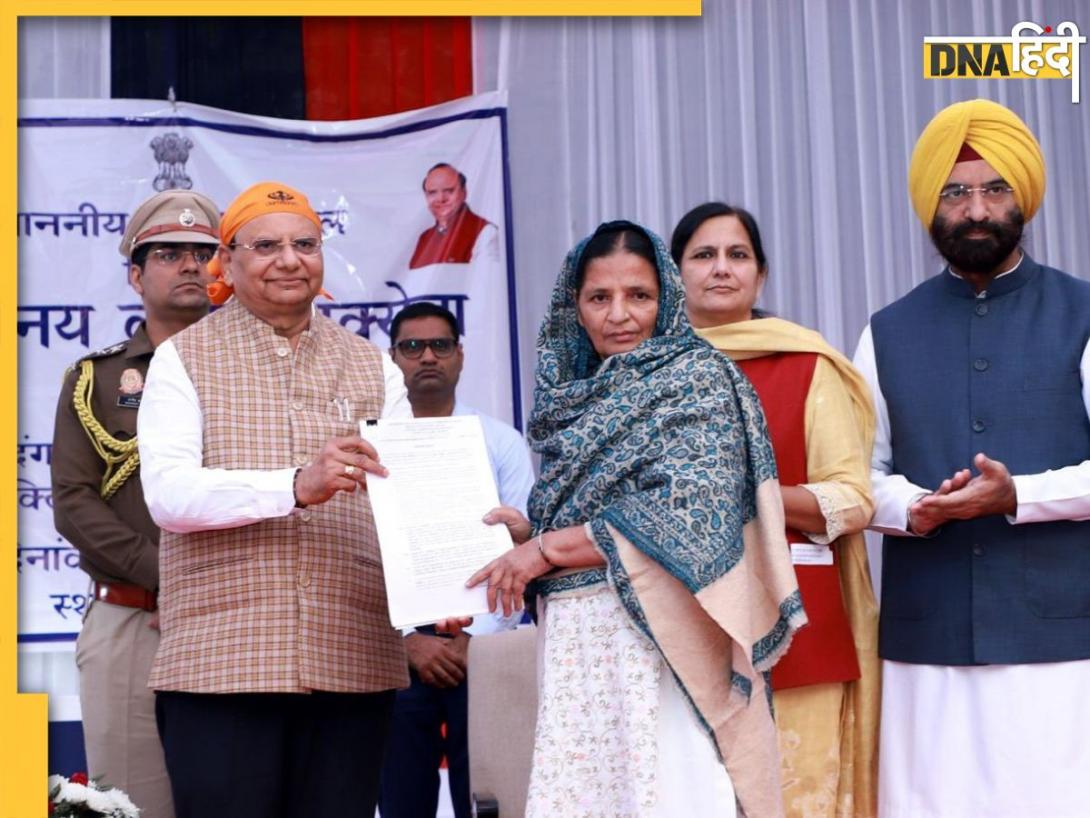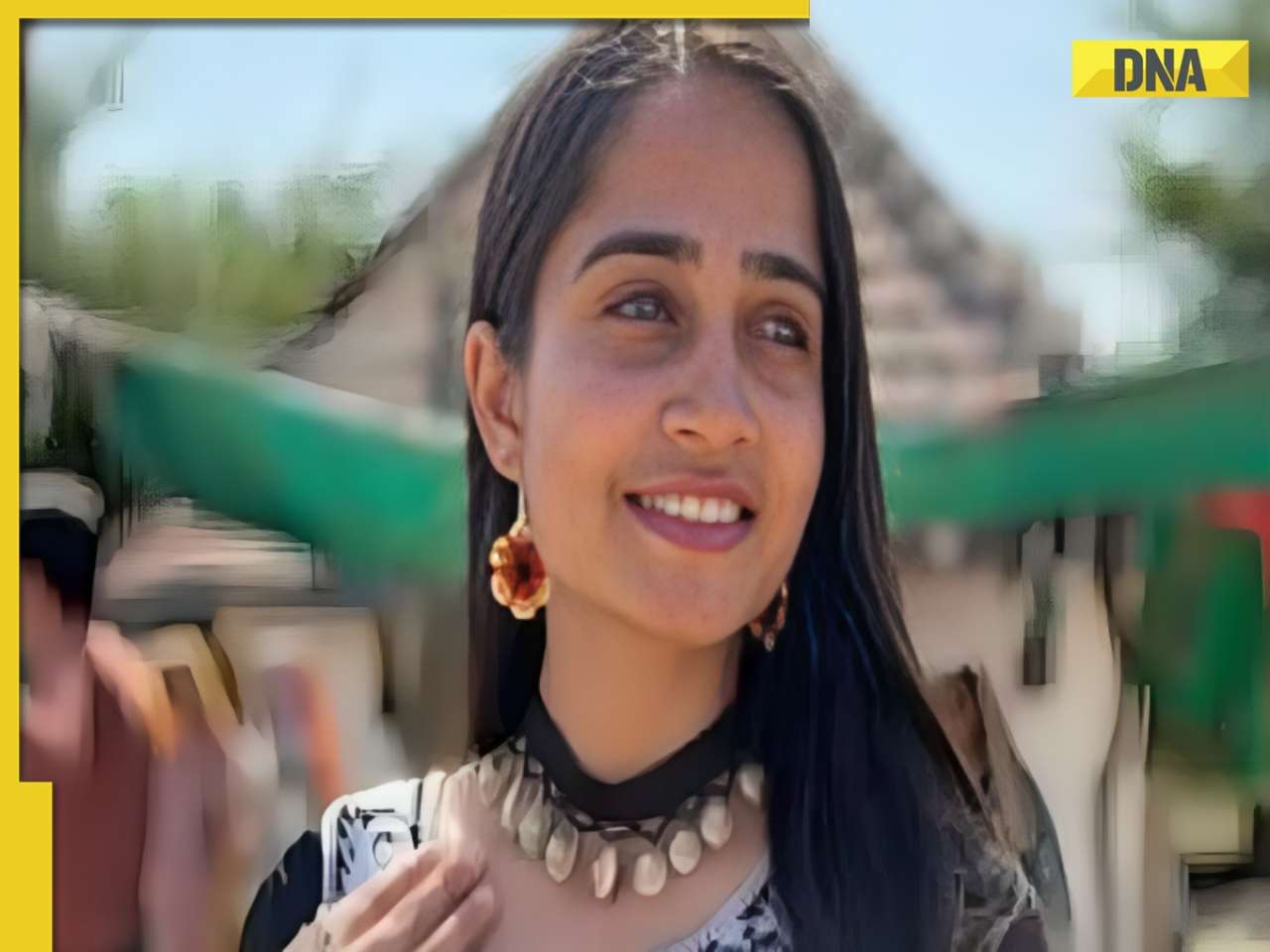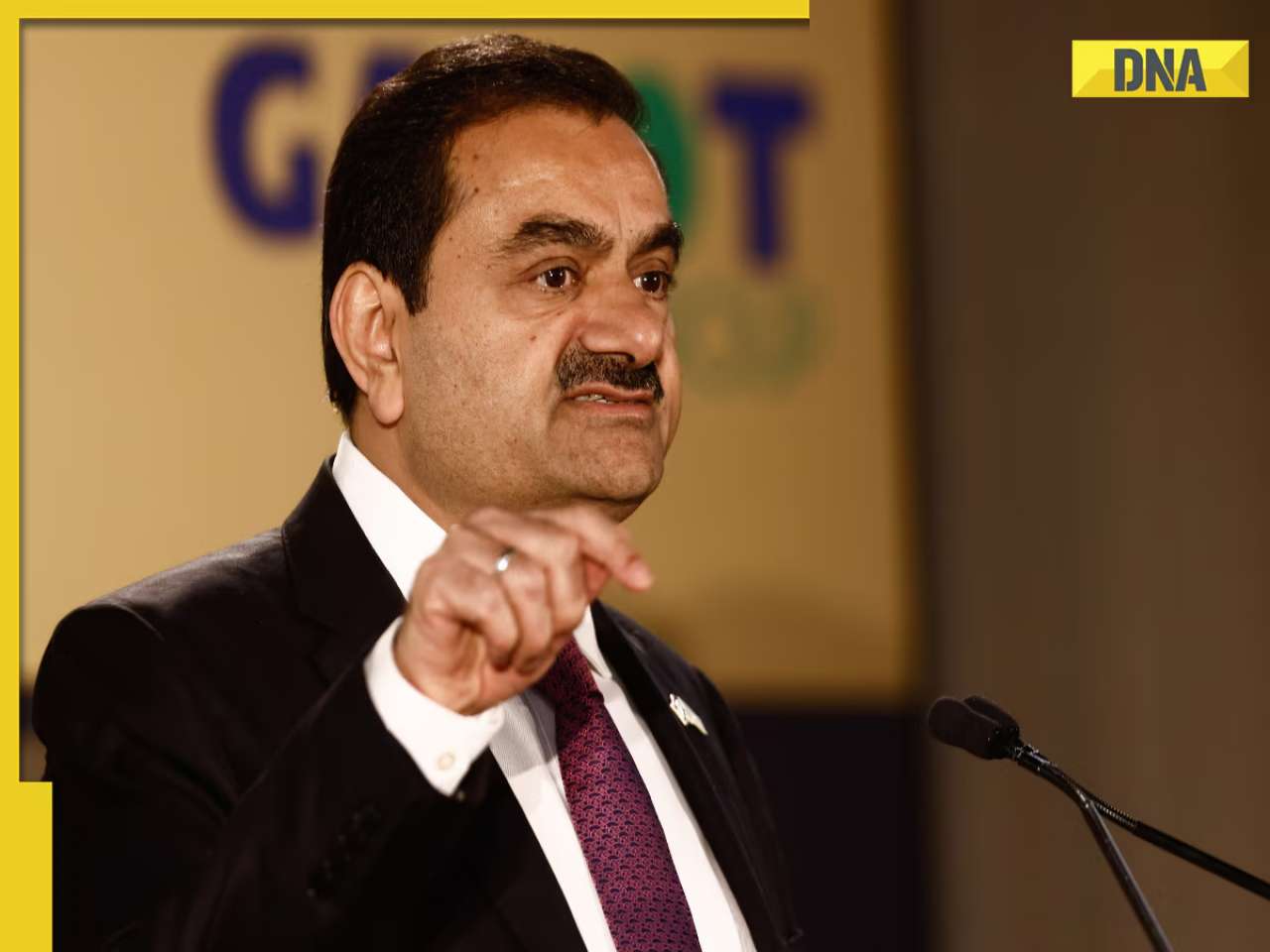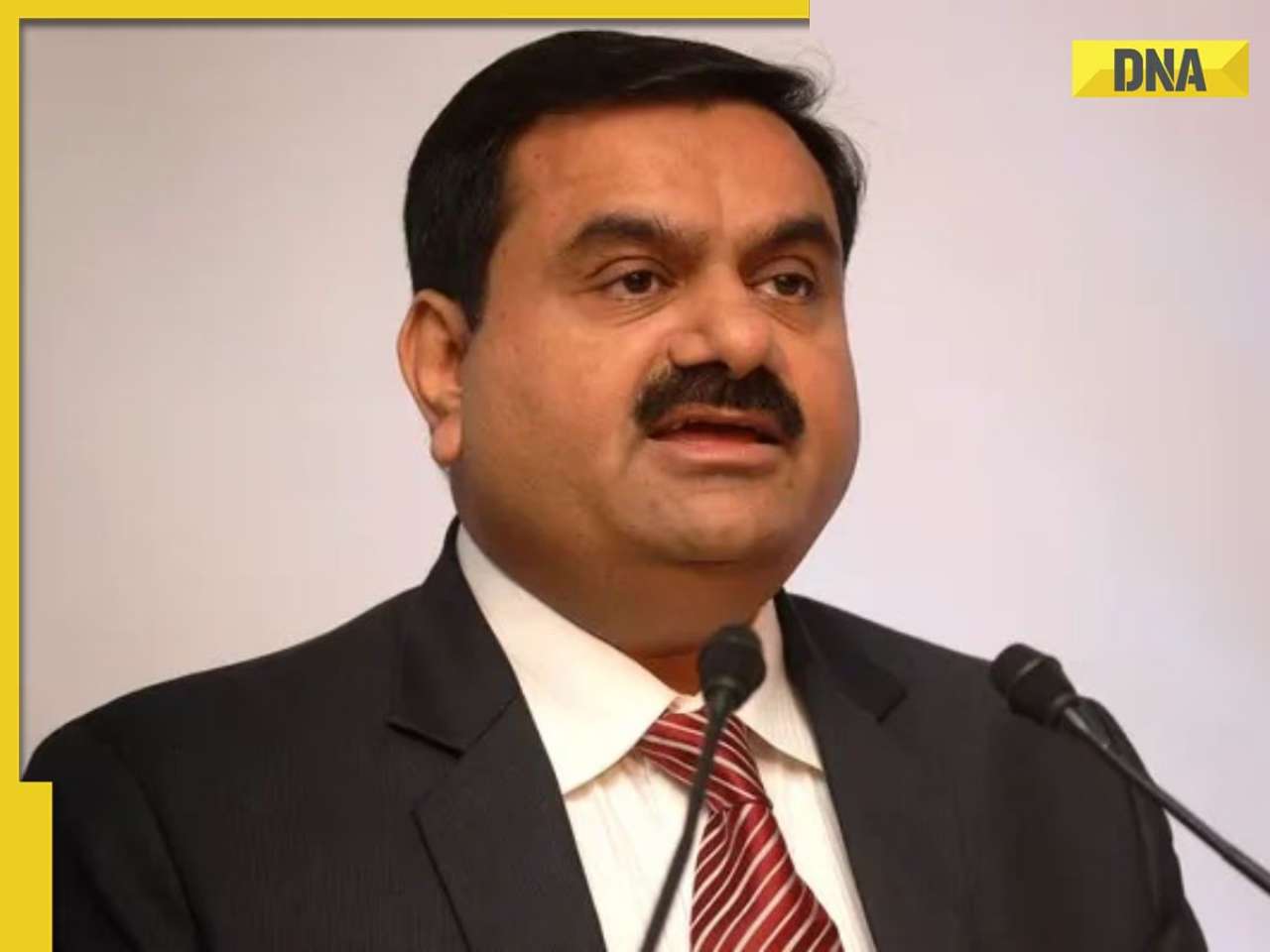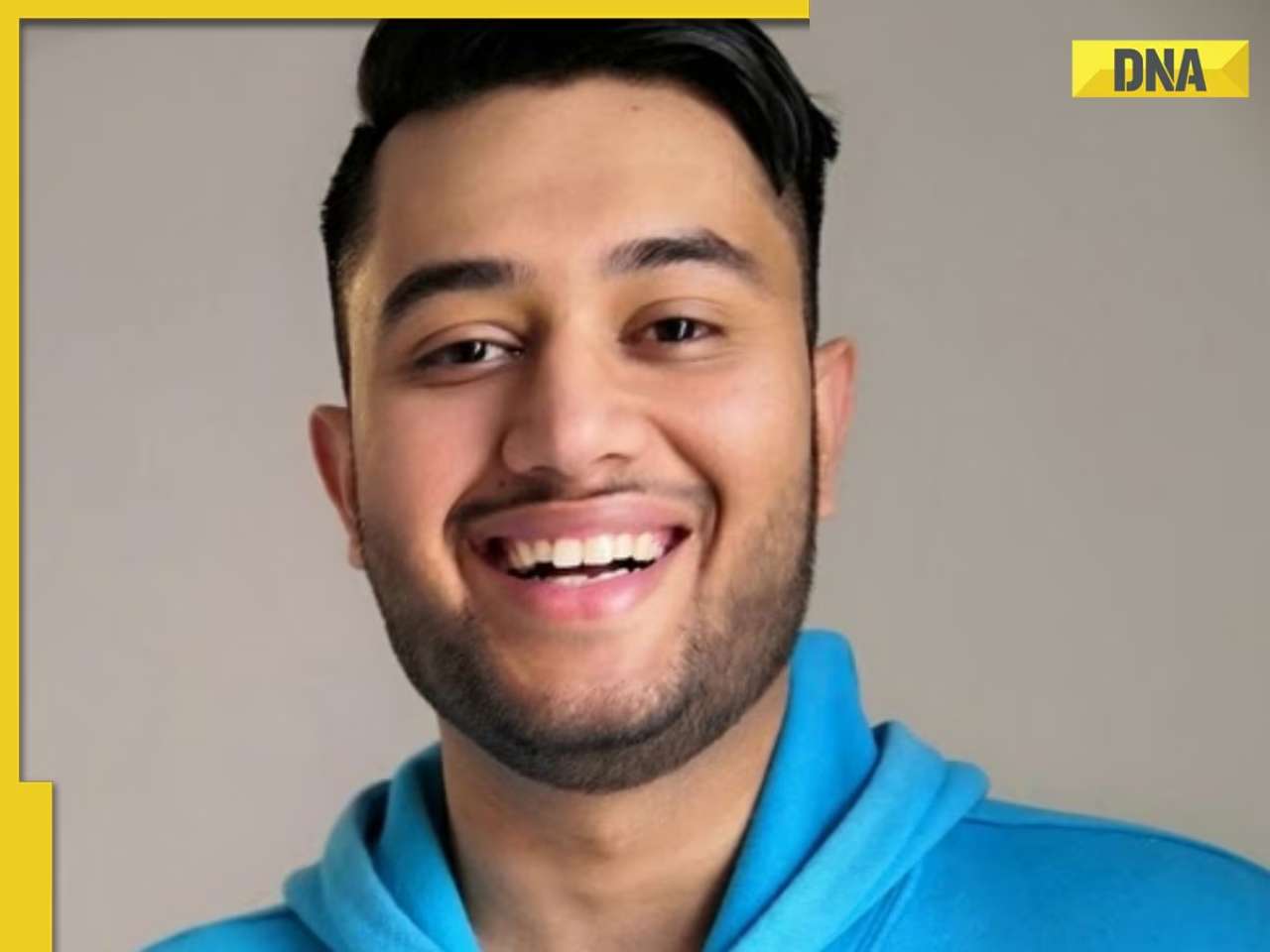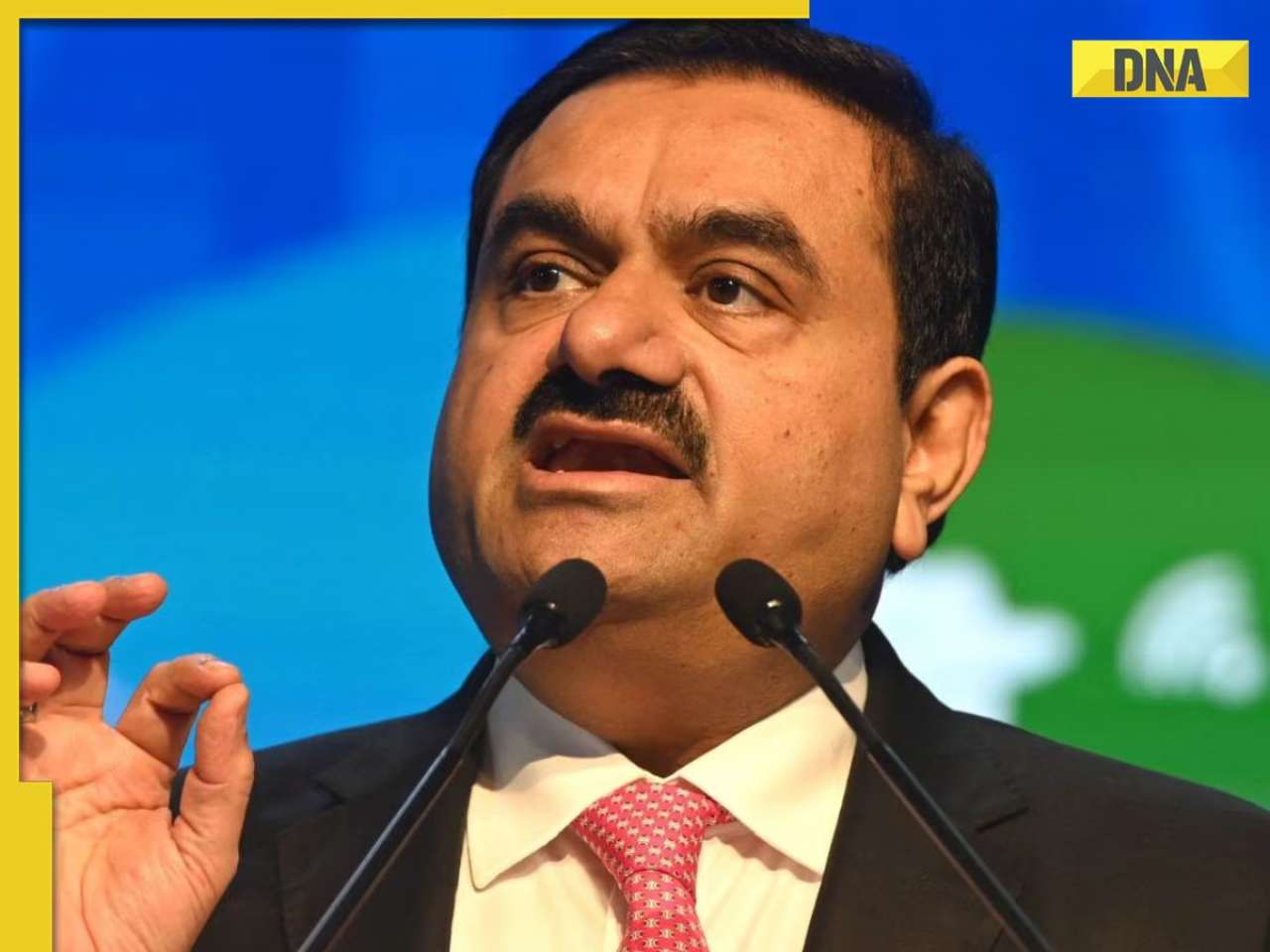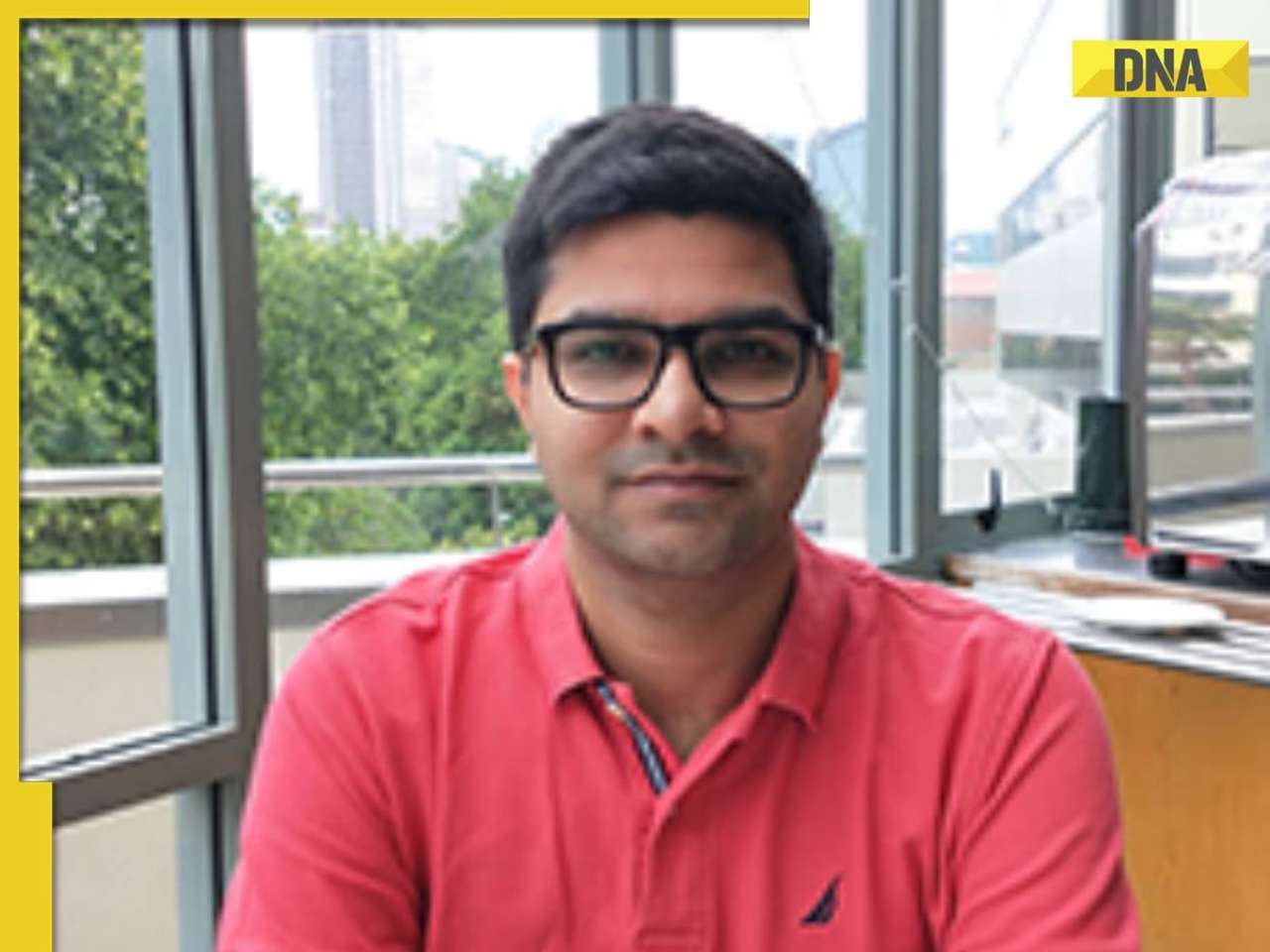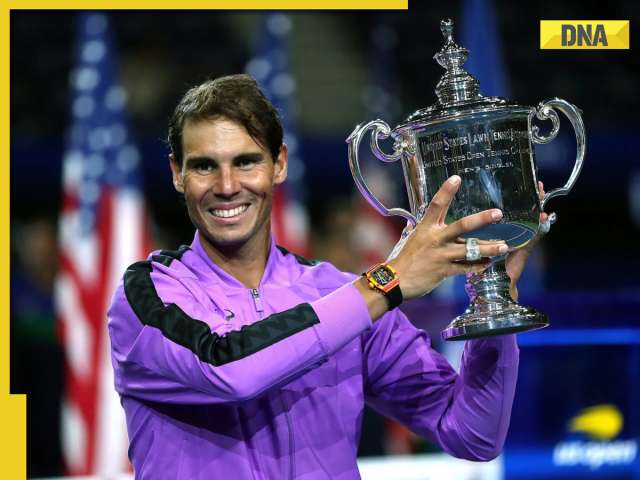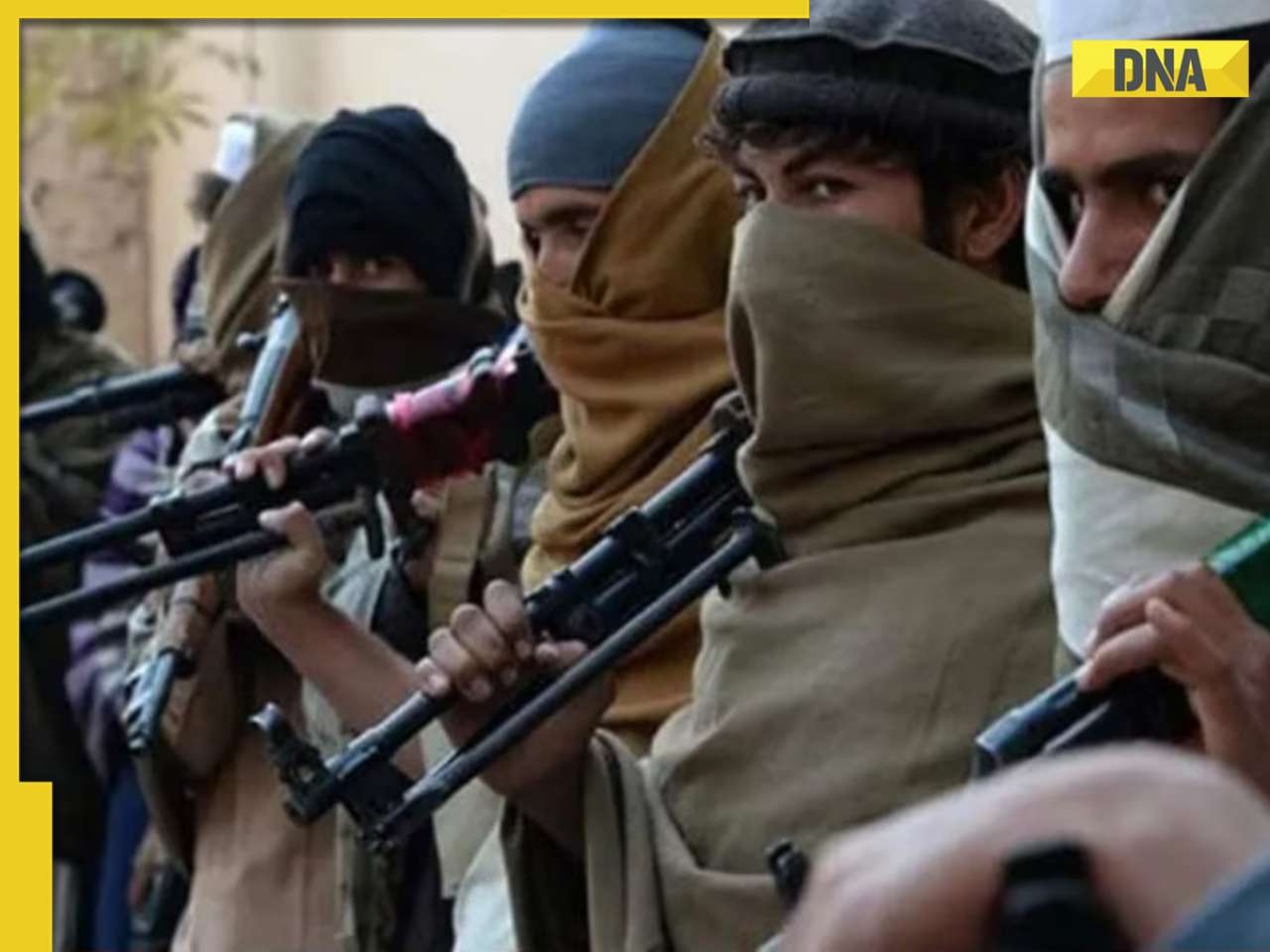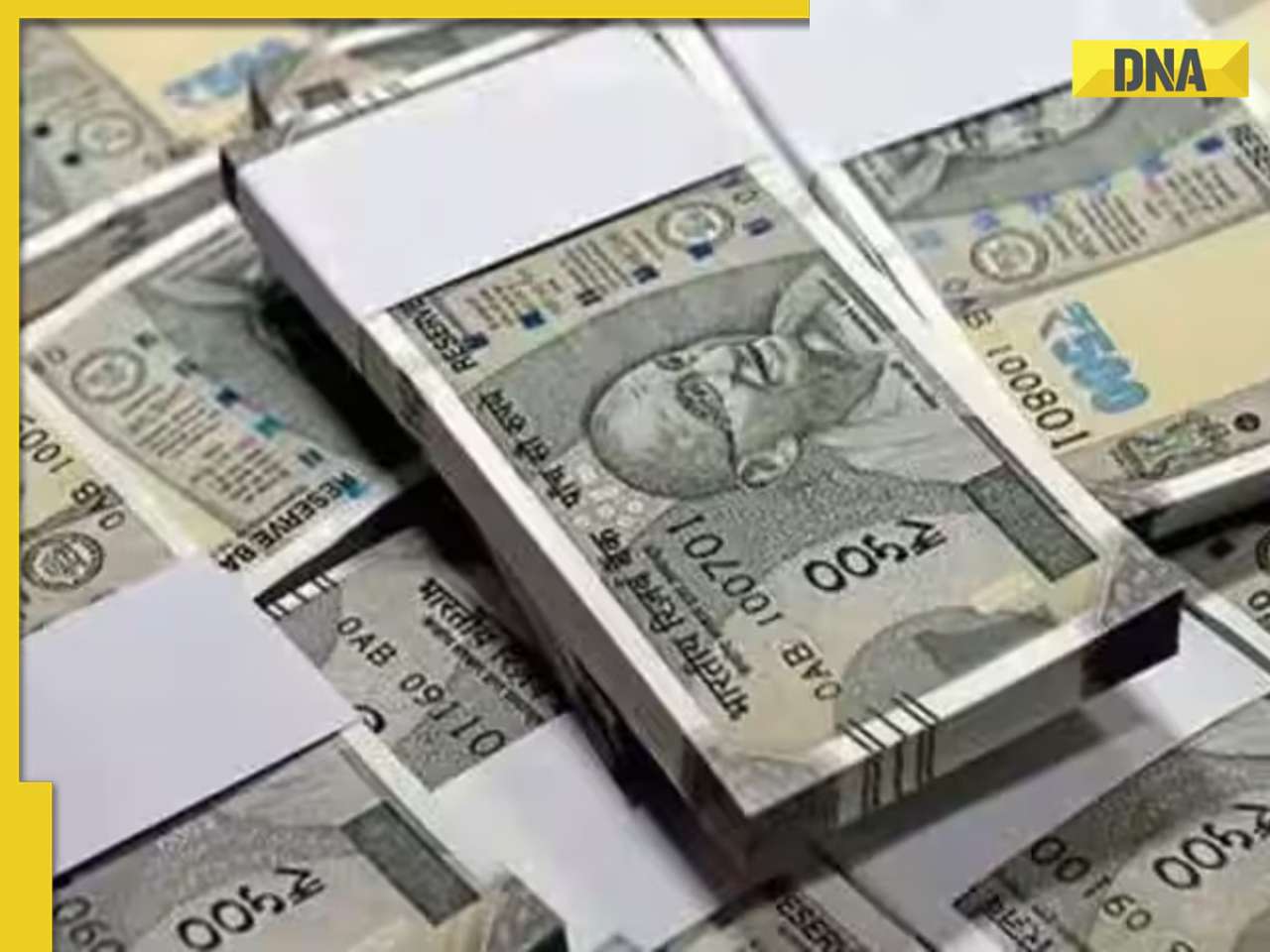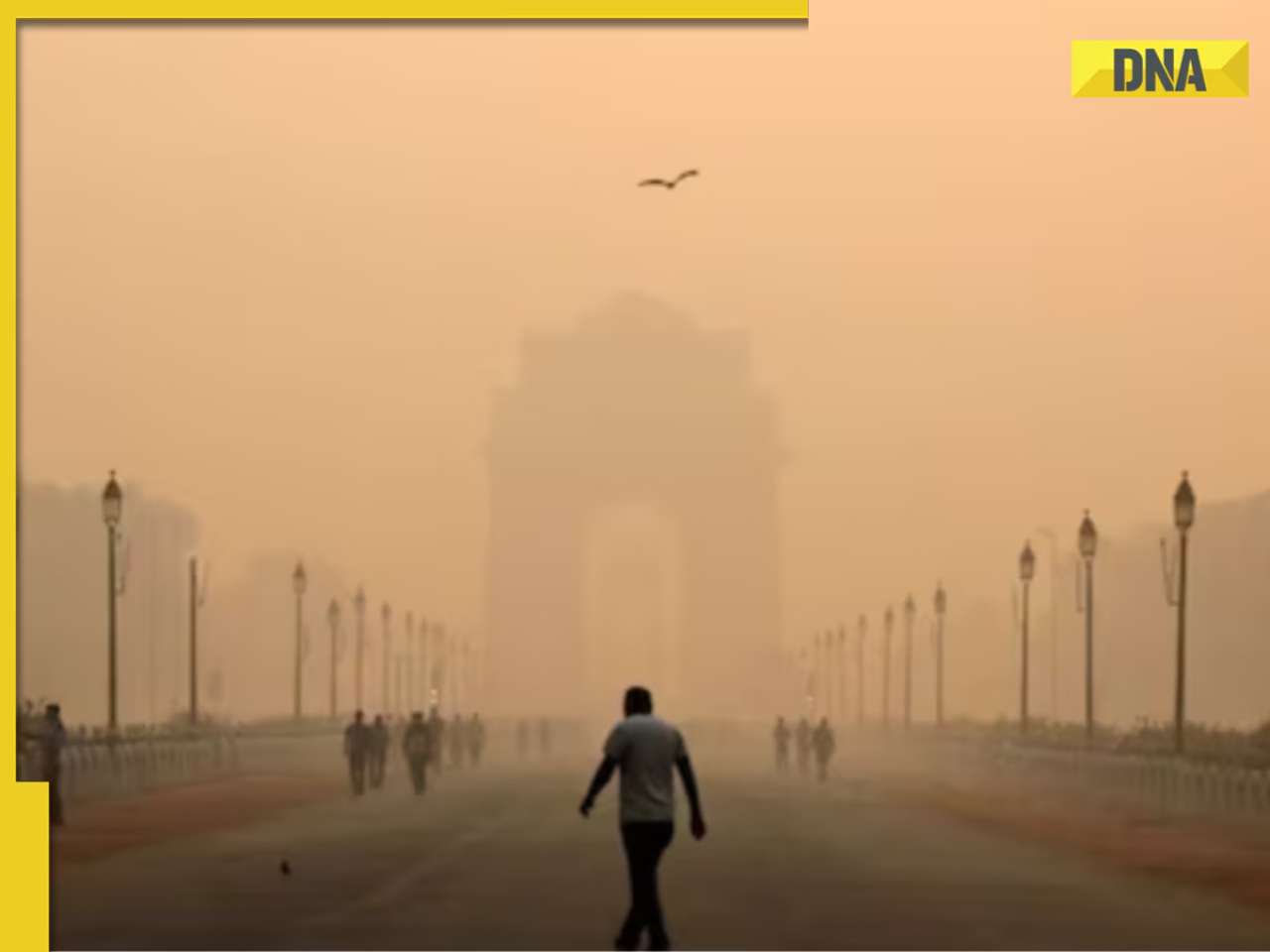- LATEST
- WEBSTORY
- TRENDING
ANALYSIS
How BJP is changing the caste arithmetic in Uttar Pradesh
TRENDING NOW
The debate between casting the vote and voting for caste has always been a heated one when it comes to elections in the Hindi heartland, and more so in Uttar Pradesh, which is not only bigger than many countries of the world, but is also a key player in deciding the national vote with its 80 Lok Sabha seats. As always, the BJP along with the Congress and the SP are trying to exploit everything –from Mandal to Kamandal- to woo voters in this crucial state.
Gone are the days when the Congress party enjoyed unwavering support across caste lines- upper castes, backward castes, and even Dalit support. Mrs Gandhi used to appoint ‘strongmen’ from all sections of society to ensure wide support- something that continued under Rajeev Gandhi well into the late eighties.
All that changed dramatically after VP Singh's Mandal Commission Report and Kanshi Ram’s successful mobilization of Dalits in UP. Those unprecedented changes resulted in the rise of two big political tycoons –Mulayam Sigh Yadav and Mayawati- who have pretty much monopolized the political control of the state between themselves for the past three decades, reducing the two national parties to being mere spectators in UP.
The BJP rose to the state’s political stage riding on the Hindutva wave and Ram Mandir agenda in the early nineties. In their short stint at power they presented Kamandal as an answer to Mandal politics, but since 2001 their decline has been almost irreversible in UP.
Today the political landscape is completely changed, and caste, along with reservation, is the defining feature in UP for any party to build its base in the nation’s most populous state. The SP along with the Congress is clamouring new slogans for minority reservations, while the BSP maintains a measured silence over the Muslim issue and voices its support for reservation for the poor among upper castes. The BJP meanwhile is again trying to popularize the old version of ‘quota within quota’.
Dalit Tsaritsa Mayawati seems to have given party tickets for the Lok Sabha election after immense scrutiny of the caste equation and the delimitation of seats, and she is confident to emerge as the dark horse of these elections. The BJP however still has its eyes set on the traditional caste-base of both the SP and the BSP, and is trying very hard to win their support in some constituencies.
This drive to win back support in UP is being projected by BJP’s senior leaders as a massive shift in UP’s vote-bank politics. The most discussed elements of this are the shift in some of BSP’s Dalit votes and some of the non-Yadav OBC votes in BJP’s favour. According to such claims, the most dramatic shift in Dalit votes is coming from the western part of the state- from Muzaffarnagar and Aligarh constituencies. Even the BJP's election in-charge for Uttar Pradesh, Amit Shah, has expressed great confidence in this entire region of UP which voted for ten constituency seats during the first phase of the general election. He also believes his party will gain a greater foothold in central and eastern parts of the state.
The dispersal of Mayawati's favourite Dalit votes has also been a positive sign for the SP which was fearful of losing most of its seats in western Uttar Pradesh. Internal sources in SP claim that even after the communal riots in Muzaffarnagar the essential MY (Muslim Yadav) factor was still strong. But the way votes turn in the first, second and third phases of elections could be shocker for the SP and a hitch for the BSP as well.
In the 2009 election the entire stretch of western UP- from Saharanpur to Agra- gave only two seats to the SP, something that came as a reality check for SP supremo Mulayam Singh Yadav. The entire Yadav family had to burn extra calories in the region for the past five years to get the party back in shape in one of the most prosperous regions of the state, and their efforts bore fruit in the assembly election of 2012.
Senior BJP leaders however claim that this massive shift in Dalit support in UP is due to a decade-old plan of the BJP which was started in the late nineties in order to disrupt the Dalit bastion of the BSP. During the Rajnath Singh government in UP, when the BJP initiated a new strategy in caste-based politics by appeasing sub-castes within castes -that is when the party officially started scanning the number of Ati-Dalit (Ultra-Dalit) among the existing Dalits, and the Ati-Pichda (Ultra backward castes or Most Backward castes) among the backwards castes.
Rajnath Singh's decision to provide for a 'quota within quota' to the most backward castes among both the OBCs and the Dalits was a new twist in the politics of reservation in Uttar Pradesh in 2001. The Social Justice Committee that Rajnath Singh constituted for this purpose was indicative of this clever social engineering formula that he seemed to have pioneered. The Committee was headed by the then Parliamentary Affairs Minister Hukum Singh, who belonged to the Gujjar caste- one of the more backward and sidelined castes among OBCs; and the Committee was co-chaired by Health and Family Affairs Minister Ramapati Shastri, who was a Dhobi by caste, which is again a backward caste among Dalits. The committee also had five other members.
The political calculation behind the constitution of this committee was fairly simple- 80 per cent of the Dalits and the OBCs, who constitute the most backward sections in UP, were found to be most deprived of the benefits of reservation and, owing to the lack of influential leadership among them, they were not in any position to enjoy their political powers.
The terms of reference of the Committee included:
* To take a comprehensive look at programs for such castes.
* To facilitate proper systems for the benefit of the Scheduled Castes/Scheduled Tribes and backward classes.
* To suggest changes in reservation according to the State's population after Uttarakhand was created.
* To take a look at the status of recruitment against the quota available for these categories.
* To assess the representation of different castes under the reservation benefits already granted.
* To suggest measures to improve the situation of these categories, especially those sections that have been deprived of benefits so far.
Under the 15 percent reservation that was available for Dalits in Uttar Pradesh, a major chunk of the benefits were going to the Jatavs (Chamars) and the Pasis, while castes like the Valmikis, the Dhobis, and the Khatiks were not getting any benefits at all. Both the Pasis and the Jatavs had become politically influential and monetarily more prosperous than the other castes among Dalits, whereas the Mallah, Kumhaar, Kahaar, Rajbhar castes were not able to utilize the reservation policy to their advantage.
Besides this, the biggest factor for the upliftment of these two castes during that time was the political patronage given to them by leaders like Mayawati in Uttar Pradesh -who belonged to the Jatav caste- and Ram Vilas Paswan in Bihar -who was a Pasi by caste. This created an image of structural change while it was only some castes that became more prosperous and politically assertive. Similarly among the OBCs, the major chunk of the 27% reservation benefit was being cornered and enjoyed by castes like the Yadavs, the Kurmis, the Mauryas and the Lodhs, even though they constitute only 14 percent of the total 52 percent OBC population of UP. This was again due to patronage, as senior BJP leader and former Chief Minister Kalyan Singh belonged to their caste.
The prosperous castes among the OBCs and the Dalits already had well-defined loyalties. The Yadavs had thrown themselves behind Mulayam Singh Yadav, while the Jatavs were diehard Mayawati loyalists. The Pasis too, up to some extent, were with Mayawati in Uttar Pradesh. The Kurmis, barring a minuscule section which was with the BSP and the BJP, had been voting substantially for the late Dr. Sone Lal Patel- the founder of the Apna Dal Party at that time.
The Lodhs today are allegedly united in their support of former Chief Minister Kalyan Singh, who floated the Rashtriya Kranti Party after his expulsion from the BJP. The Jats, who had also been included in the list of OBCs in Uttar Pradesh, now have their own leader- Ajit Singh. Hence the BJP believes that the new reservation formula, if implemented, will result in more gains than losses for the party in future elections. If we tally the records, members of the most backward castes among Dalits and OBCs far outnumber those from the prosperous castes among them. And in a situation where they see no one to speak for them, they could very easily be wooed by the BJP.
Rajnath Singh made every effort in this regard and went back to previous committee reports like the Kalelkar Report of 1956, and the Chhedi Lal Sathi Report of 1977. The Kalelkar Committee advocated separate reservation for 837 most backward castes, and recommended 17 percent reservation for the most backward castes –including landless labourers, domestic workers and unskilled labourers- along with 10 percent for the farming community among the OBCs and 2.5 percent for backward Muslims. While raising this issue of 'quota within quota', Rajnath Singh also cited instances of similar categorisation existing in Andhra Pradesh, Karnataka and Bihar.
The Kalelkar Report was never discussed, and in 1961 the government declared that no all-India categorisation of castes as 'most backward castes' could be done and any such categorisation should only be done by individual states. The Chhedi Lal Sathi Report of 1977 recommended 29.5 percent reservation for OBCs, including a separate quota for the most backward castes. This report also was not considered as it did not suit the political requirements of the party in power, which happened to be the Congress party at that time, and it already had a core vote bank jointly comprising of Dalits, Muslims and the Upper castes.
Rajnath Singh's government planned to divide the backward castes into three categories and to give the Yadavs 5 percent out of the total 28 percent quota. They framed eight castes in the section of ultra-OBC and proposed to give them 9 percent reservation, while the other 70 castes were categorized as most backward castes and were given the rest 14 out of the 28 percent quota. The most backward castes among the OBCs accounted for roughly 38 percent of the OBC population in the State and had no well-defined party based political loyalty at that time, and that is precisely why the BJP eyed on this sleeping support.
During BJP’s rule, both the SP and BSP were not in a condition to openly oppose this move of Rajnath Singh because the greatest fear then was that it might alienate any potential support from these particular sections of society. The second dilemma was that they could not support it either, because they feared that it might antagonise their traditional core loyalists -the Yadavs and the Jatavs.
The immediate result was that both parties started commenting against Rajnath Singh's decision and accusing him of disrupting social harmony by dividing the Dalits and OBCs. Mulayam Singh accused Rajnath Singh of conspiring against the Yadavs and the Kurmis, whereas Mayawati threatened to conduct a State-wide agitation against the implementation of the Committee report. Mayawati also demanded reservation for the poorest among the upper castes, claiming that she had mooted this idea when she was the Chief Minister. Mulayam Singh Yadav, who was caught in the middle, said that he supports reservation according to population, and demanded 52 to 54 percent reservation for OBCs.
Once Mayawati succeeded as Chief Minister in 2002, she immediately put the stop to the entire episode and became helped save not only her own caste-politics, but also that of her rival- Mulayam Singh Yadav.
But this election everyone is trying catch their share of fish in the sea of caste politics. "The present status of the state is just like a garden of fruits- with every fruit being a certain castes, and everyone is trying to harvest these fruits and plant more seeds for the upcoming decade”, says Ashwini Bhatnagar, a senior journalist who hails from Lucknow and has covered politics in UP for decades. He adds that, “This silent secret about the revival of Kamandal and caste politics can be a positive sign for the parties, but the citizens of the state will be the biggest losers as they will be pushed back into the same old social system, and issues of growth and development will be completely sidelines.”
The BJP, which is currently UP’s fourth largest party, is definitely trying its best to come on top this Lok Sabha election. There is no doubt that caste-based politics in the state, which was increasingly seen as slipping out of the BJP's hands, has suddenly become a strong vantage point for the party. Although it is too early to say if –and to what extent- the BJP will tilt the caste equation of the state in its favour, and to what extent the SP and BSP will suffer from this, yet it is clear that the battle for India’s most politically important state is being keenly contested from all sides- and there are definitely some surprises in store for us on May 16.
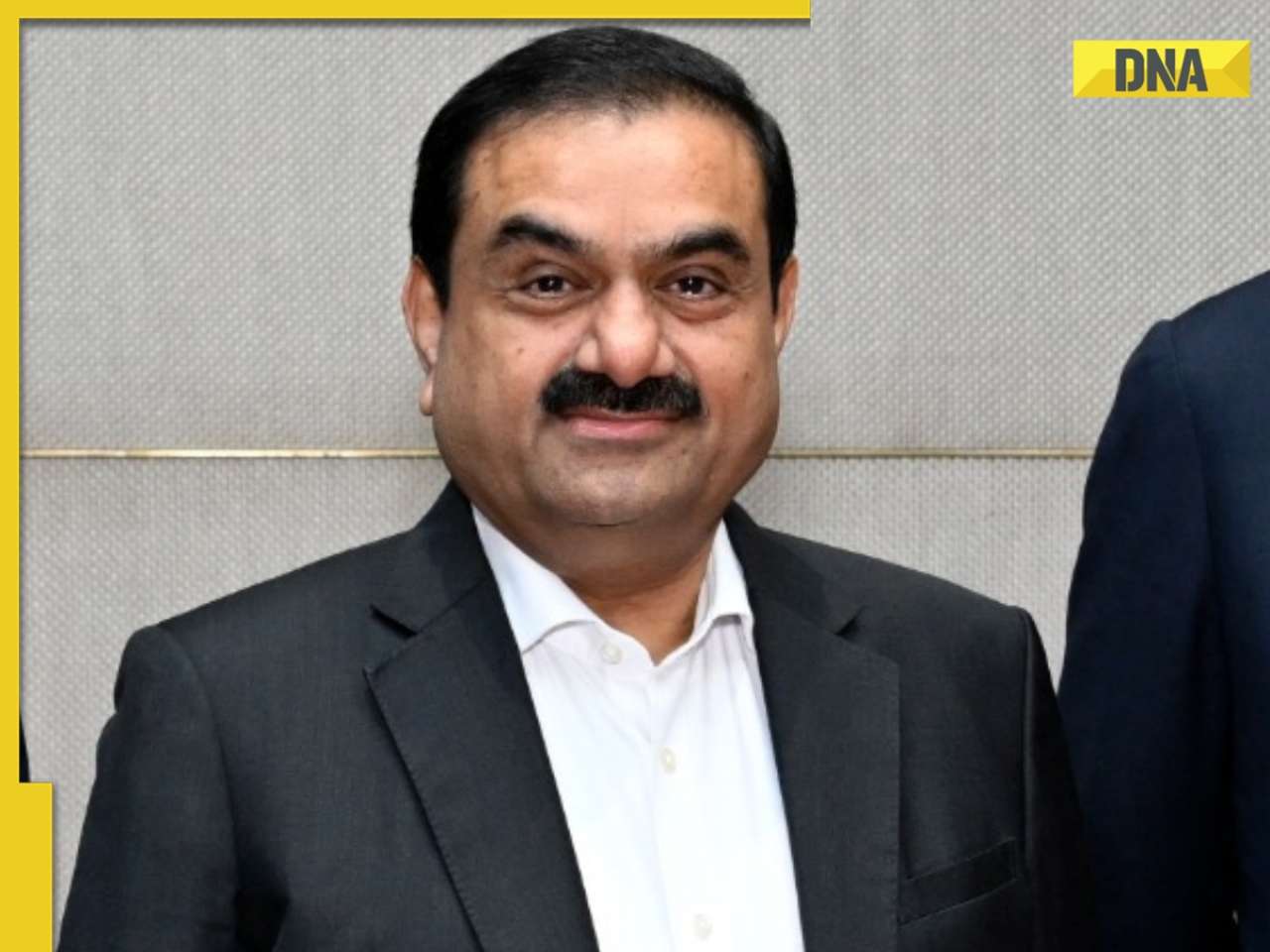
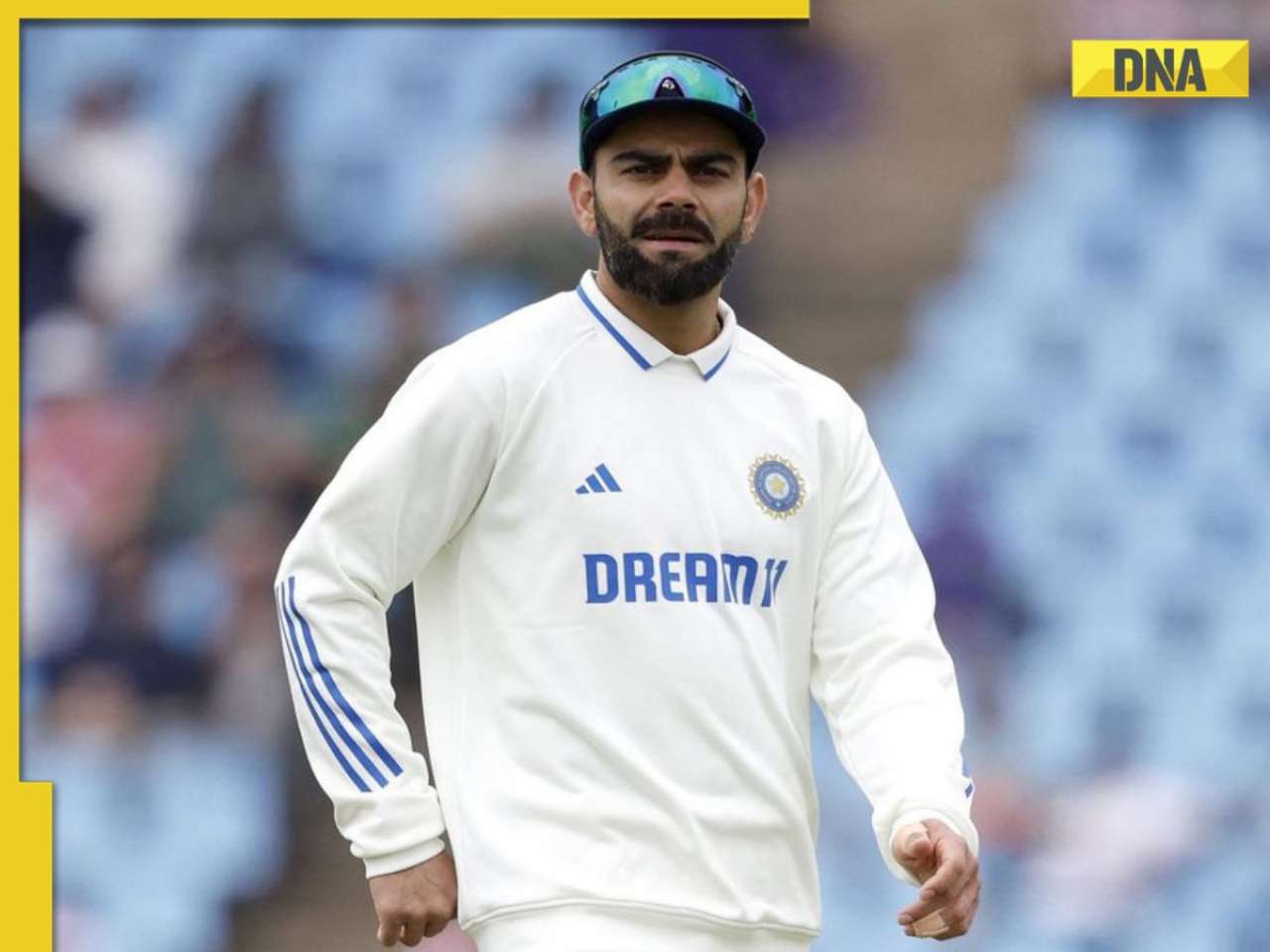
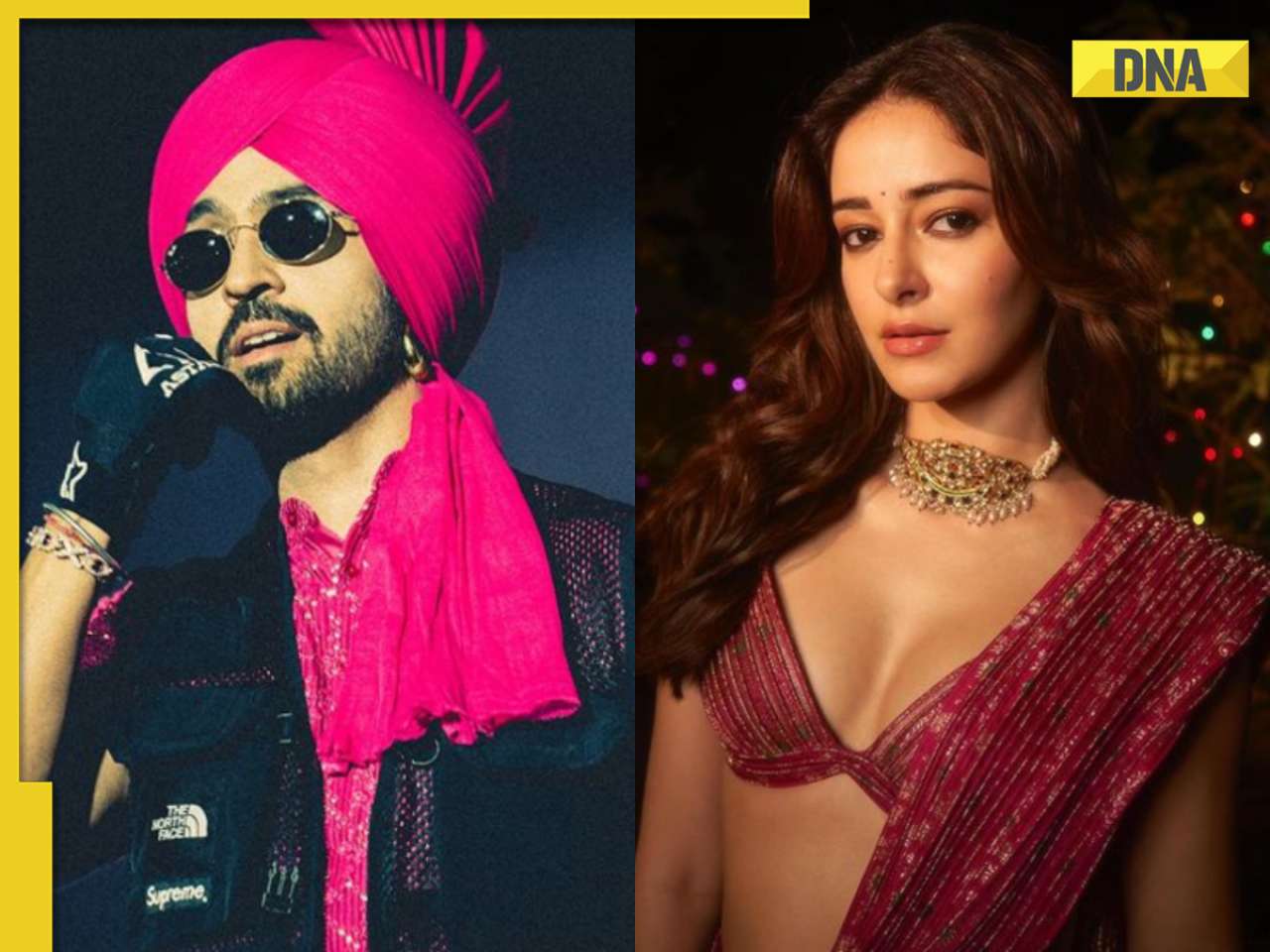




)
)
)
)
)
)
)
)
)
)
)
)
)
)
)
)





